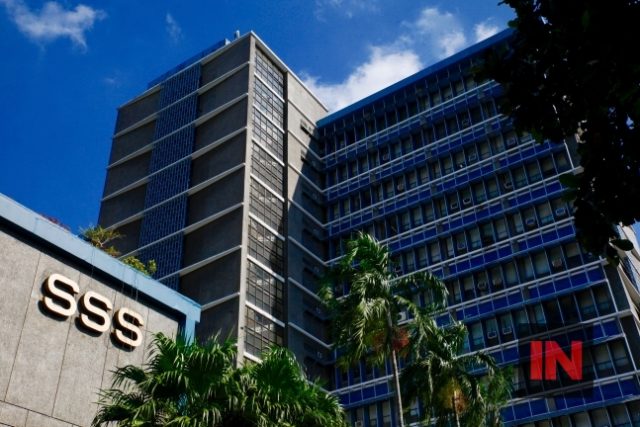MANILA – The Social Security System aims to start raising by 2018 the monthly contribution rate of its members by at least 1.5% a month.
The rate increase translates to about P150 for those earning P10,000 a month, to as much as P740 for those earning double.
Here’s the computation for the additional monthly contribution per salary level:
P10,000 = P150
P16,000 = P240
P17,000 = P365
P18,000 = P490
P19,000 = P615
P20,000 = P740
The pension fund initially planned to implement the rate increase in May 2017 but deferred the move in order to wait for the passage of the tax reform bill to cushion the impact.
The rate increase came in the wake of President Duterte’s order raising the monthly pension by P2,000 — for which the SSS already started disbursing the additional P1,000 last March, with the balance to follow before Duterte’s term ends by 2022.
SSS President and CEO Emmanuel Dooc said the pension agency’s goal in increasing the contributions is to bulk up the funds from which members can draw larger pensions when they retire.
“Ito ay isasabay namin pagkatapos na maipasa ang tax teform bil na magbibigay ng tax relief sa mga empleyado [We will time this rate hike move with the passage of the tax reform bill, that is expected to give workers some tax relief],” Dooc said.
SSS said they aim to increase the contribution rate from 11% to 17% in at least five years through annual increases.
“Sa kabuuan, ang hinahabol namin ay madagdagan ang kontribusyon ng anim na bahagdan o 6% sa kabuuan. ‘Yan ay maaring umabot sa lima o anim na taon na pagpapatupad [Overall, we’re aiming to hike contributions by 6%. That will take some five or six years to attain].”
SSS is also expecting to increase its revenues once the Senate bill amending its charter is passed. Among the key provisions of this is mandatory membership for all OFWs.
But at Tuesday’s Senate hearing, concerns were raised that mandating SSS membership for migrant workers may force some of their employers to cancel their existing social security plan in their country of work.
Sen. Richard Gordon, who chairs the committee on government corporations and public enterprises, said, “We need to research on other countries that have these provisions, which countries are getting SSS from our people. We need to know how far we can go and what authority they will have in the law that they can now negotiate.”
The amended charter will also enable SSS to diversify its investments, which right now are largely restricted to government securities.
“This law amending our charter will give us expanded powers to put funds into more investments, such as overseas investments which we’re not into at the moment,” according to Dooc.
“It may provide us diversification, it may also provide us better returns. [We have the] option to improve the yield from our investments,” he added.
In addition, the amendment also provides SSS with the authority to issue distraints, levy or garnishment orders, enabling the agency to seize properties of delinquent members, similar to what BIR can now do.
SSS said that at present, 8.3 million delinquent members now owe SSS some P42.7 billion.
Dooc admitted the problem is also largely administrative. “I would be the first to admit that basically a major portion of this problem will be solved administratively by improving our collection efficiency, enhancing the processes with support of technology to monitor performance of borrowers and employers,” said the SSS chief.
Gordon weighed in: “Ang problema nasa inyo, tama yung sabi ni Senator [Nancy] Binay, it is systemic.”
Gordon has scheduled another hearing in November before submitting the committee report to the plenary before the end of the year.










